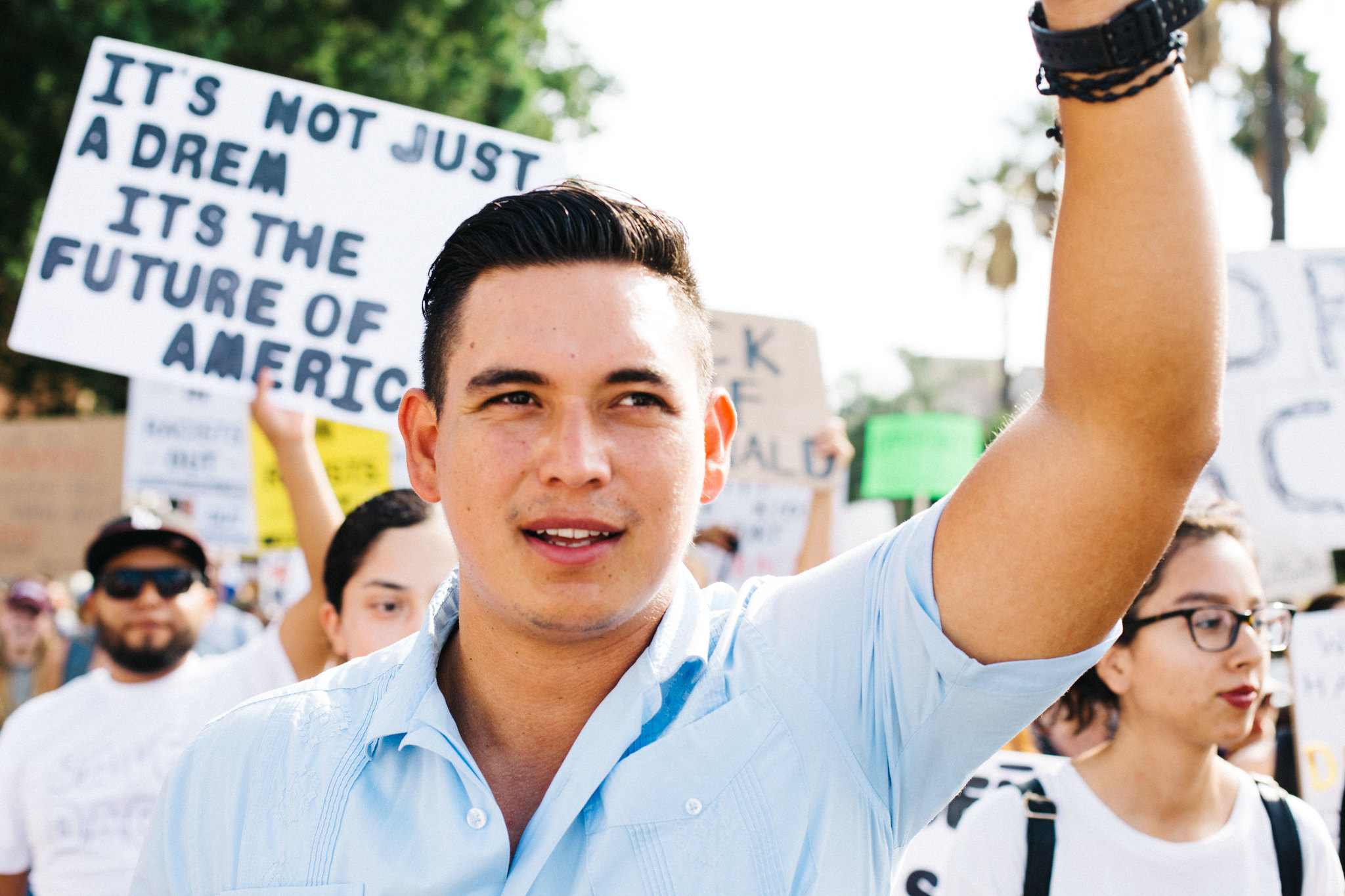In response to a high number of questions regarding the recent Maryland court decision ordering the government to reinstate Deferred Action for Childhood Arrivals (DACA) for first time applicants, we have prepared this helpful guide.
First, let’s briefly discuss the Maryland decision. As our readers will know on July 17th a federal judge in Maryland presiding over the case, Casa de Maryland v. U.S. Department of Homeland Security, ordered the government to restore the DACA program to its pre-September 2017 status. This means that first-time applicants are now able to apply for DACA benefits.
What does the Maryland decision mean for DACA holders?
For now, USCIS must continue the DACA program as it was before it was rescinded on September 5, 2017, when applications for DACA were being accepted by first-time applicants.
In order to comply with the Supreme Court’s decision, as well as the Maryland district court’s order, USCIS must also accept the following applications that were suspended under prior court orders and should publish guidance immediately on its processing of these applications:
- People Who Have Not Previously Been Granted DACA: The Court’s June 18, 2020 decision requires DHS to maintain the DACA program unless and until DHS follows correct procedure to terminate it. As a result, USCIS should immediately publish guidance on processing new, initial DACA applications.
- Advance Parole Requests: The Court’s June 18, 2020 decision requires DHS to maintain the DACA program unless and until DHS follows correct procedure to terminate it. Because advance parole based on DACA was a part of the 2012 DACA program, USCIS should immediately publish guidance on processing advance parole applications filed by DACA recipients.
 Visa Lawyer Blog
Visa Lawyer Blog











